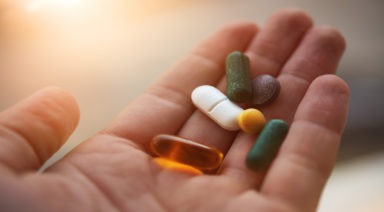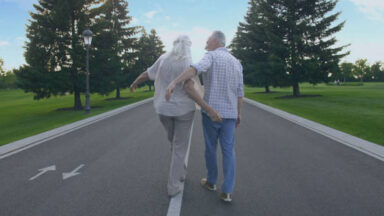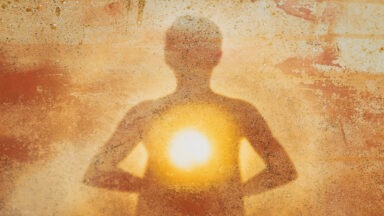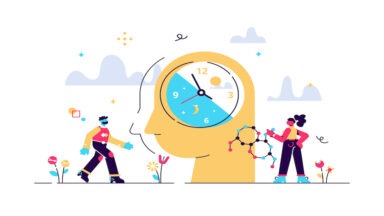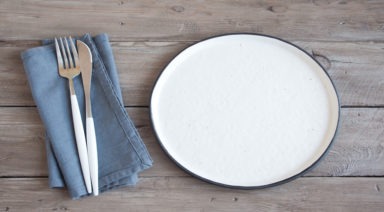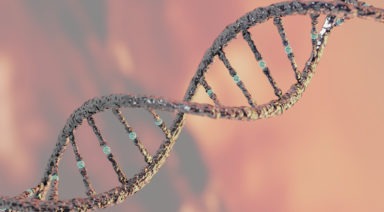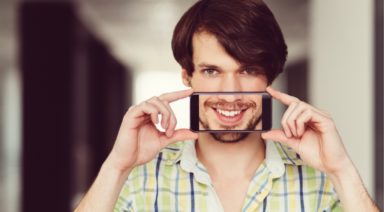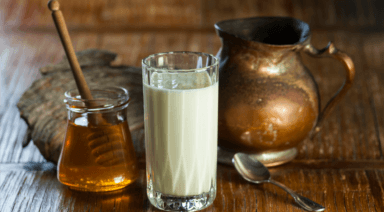Music Found to Significantly Reduce Pain, Anxiety in Postop Heart Surgeries

Given that heart disease is the leading cause of death in the world, prevention and treatment have never been more important. While conventional cardiology relies heavily on pharmaceuticals in the management of cardiac conditions, music has been shown to have remarkable benefits without any side effects—music as medicine.
Ancient cultures understood the healing benefits of music and integrated it into their promotion of health and healing of disease. But this practice was mostly lost in the rise of western medicine. Today, that connection is gradually being restored as a new wave of research is being done on the healing benefits of music on the heart.
One such recent study found that listening to music is linked to a significant reduction in anxiety and pain after major heart surgery. The researchers concluded that clinicians should consider music for patients scheduled for surgery as it has none of the risks or side effects, and many of the benefits of the drugs most commonly used to aid in post-surgery recovery.
Watch more:
A Guide to Healing Adrenal Fatigue With Emoting And Herbs

Your adrenals are small glands that sit on top of your kidneys, much like ice cream atop a sugar cone. At first glance, they might look like two old, hump-backed men, their backs to the camera, crouched over a table playing chess. Found within your endocrine system and comprised of two parts, the adrenal cortex, and inner adrenal medulla, these glands look similar to brains, which is probably the best metaphor.
Your adrenals fuel and run your body’s operations by producing then releasing hormones into your bloodstream, without which, you’d soon expire. Here are your body’s essential hormones that your adrenals produce:
- Cortisol: your best buddy in times of stress, and has a host of vital functions that support your entire system.
- Adrenaline: also known as epinephrine, is both a hormone and a medication. In partnership with noradrenaline, it helps you prepare your fight or flight responses.
- Aldosterone: a steroid hormone that helps you conserve sodium in your kidney, salivary glands, sweat glands, and colon.
Without these musketeers, you’d find it difficult to think, move, or breathe. This triune of energy and life are vital to remaining alive. When our adrenal glands are out of balance, they can fall into patterns considered to be adrenal gland disorders. Our bodies find it difficult to break out of these types of patterns.
“Trying to describe a good marriage is like trying to describe your adrenal glands. You know they’re in there functioning, but you don’t really understand how they work.” — Helen Gurley Brown






